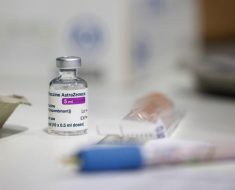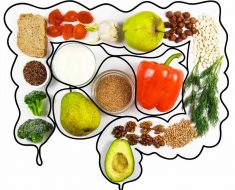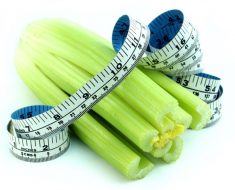There are different varieties of cherry, but manufacturers typically make cherry juice using a tart or sour variety such as Montmorency, or sweeter black cherries. Black cherries contain more sugar and more carbohydrates. The nutritional content of the two types is otherwise similar.
A 1-cup serving of unsweetened tart cherry juice typically contains:
- 159 calories
- 33 grams of sugars
- naturally occurring sugars
- traces of some minerals, such as calcium and potassium
- almost no vitamins
- almost no fat
Some claim that drinking cherry juice can help people sleep better, give the immune system a boost, and help people recover after a workout.
Benefits of cherry juice

Dark red, purple, and blue fruits and vegetables contain anthocyanins.
These are pigments that give these fruits and vegetables their color. Cherries contain anthocyanins.
Anthocyanins have potential health benefits, but a lot more research is needed to determine whether they are good for health.
Read on for more information about some of the alleged health benefits of drinking cherry juice.
1. Fewer gout symptoms
Gout is a type of arthritis that usually affects one joint at a time. It causes pain, swelling, and redness. A person may sometimes have flares, which is when they experience worsened symptoms, and remission, which is when their symptoms are mild or totally absent.
One 2012 study looked at 633 people with gout and revealed that those who ate cherries or cherry extract had a lower risk of repeated gout attacks. The researchers thought that this could be due to the anthocyanins in the fruit.
2. Antioxidants
Anthocyanins are antioxidants. Antioxidants are substances that may be able to stop or slow down some types of damage to cells. Particles called free radicals cause this damage.
The creation of free radicals occurs when a person eats or exercises. They can come from the environment, including as a result of air pollution. Free radicals trigger cell damage, which is a risk factor for diseases such as cancer and diabetes.
Fruits and vegetables contain antioxidants, and a healthful diet should include lots of fruits and vegetables. However, there is no proven link between antioxidants and disease prevention.

Making cherry juice can be a cheaper, more healthful alternative to buying juice. Like other fruit juices, manufacturers often add sugar or sweeteners to cherry juice.
By following these steps, a person can make cherry juice at home using a food processor:
- Wash and stem fresh cherries.
- Combine 1 cup of cherries with one-quarter of a cup of water, scaling up as needed.
- Blend in a food processor until cherries come just loose from the pits.
- Sieve into a bottle or jar.
- Drink within 5 days.
If buying cherry juice, look for an unsweetened version without any extra additives. Health food stores may be more likely to stock cherry juice without additives.
All fruit juice contains natural sugars. A person should be aware that drinking a lot of fruit juice could add too much sugar to the diet.
Manufacturers often label juice as either from concentrate or not from concentrate. Makers of cherry juice from concentrate will pulp the cherries and remove the water. They then usually freeze the juice for transportation, then put the water back in before the juice becomes commercially available.
They may sometimes add sugar or sweeteners to the water, which can make it a less healthful choice. This is not always the case, however. Juice from concentrate with no added sugar is no less healthful than juice that is not from concentrate.
Summary
Much more research is necessary to draw firm conclusions about the possible benefits of cherry juice. Currently, there is not enough evidence to suggest that cherry juice has any significant benefits to health.
As part of a balanced diet, drinking cherry juice can be a good way to include a portion of fruit. Making it at home or choosing an option without added sugar is a healthful choice.
Source: Read Full Article





